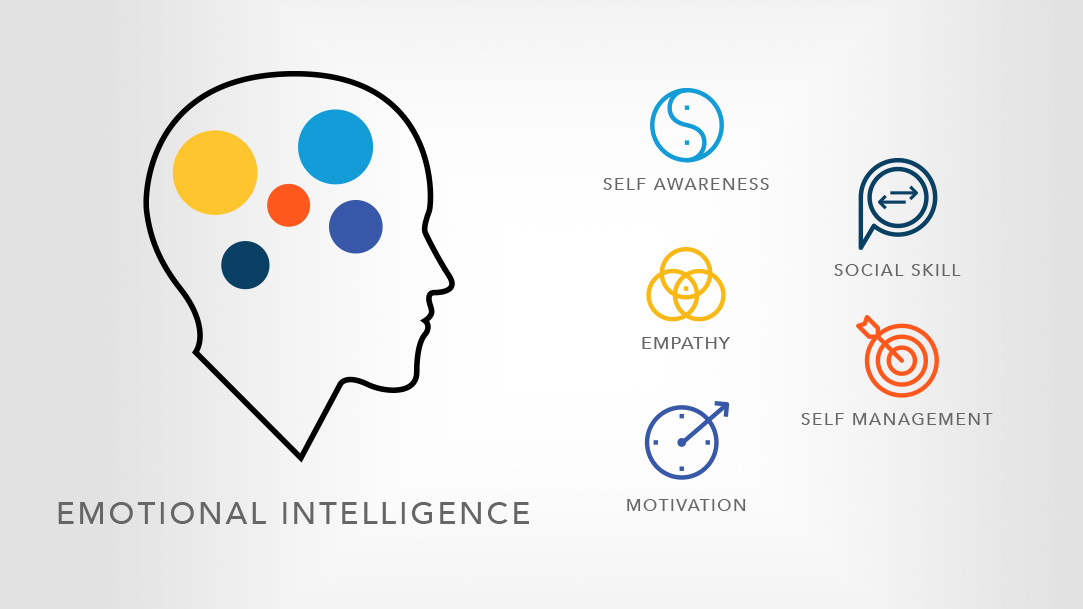Understanding Emotional Intelligence
Emotional intelligence (EI) refers to the ability to recognize, understand, and manage one's own emotions as well as effectively perceive and respond to the emotions of others. It plays a vital role in leadership, allowing leaders to build stronger connections with their teams, foster a positive work environment, and drive overall organizational success.
The Impact of Emotional Intelligence on Leadership
Leaders with high emotional intelligence possess a unique set of skills that enable them to navigate complex interpersonal dynamics, inspire others, and make well-informed decisions. Let's explore the various ways in which emotional intelligence influences effective leadership:
1. Empathy and Understanding
Leaders who possess empathy can connect with their team members on a deeper level. They understand the challenges, concerns, and aspirations of their employees, fostering a culture of trust, openness, and collaboration. By demonstrating genuine empathy, leaders create a supportive environment where individuals feel valued and motivated to contribute their best.
2. Effective Communication
Communication lies at the core of leadership, and emotional intelligence enhances this critical skill. Leaders with high EI can convey their messages with clarity, empathy, and sensitivity. They actively listen to their team members, encourage open dialogue, and adapt their communication style to suit different individuals and situations. By fostering effective communication, leaders build stronger connections and minimize misunderstandings within their teams.
3. Conflict Resolution
Conflicts are inevitable in any workplace, but leaders with emotional intelligence are skilled at managing and resolving them constructively. They remain composed in challenging situations, approach conflicts with a problem-solving mindset, and actively seek win-win outcomes. Through empathetic and assertive conflict resolution, leaders strengthen relationships, build trust, and create a harmonious work environment.
4. Self-Awareness and Self-Regulation
Leaders who possess high levels of self-awareness understand their emotions, strengths, limitations, and values. They can manage their reactions and impulses effectively, even in stressful situations. By demonstrating self-regulation, leaders model emotional resilience, inspiring their teams to handle challenges with composure and adaptability.
Developing Emotional Intelligence as a Leader
Fortunately, emotional intelligence is a skill that can be developed and strengthened over time. Here are some strategies to enhance emotional intelligence as a leader:
1. Self-Reflection and Assessment
Engage in regular self-reflection to gain insights into your emotional strengths and areas for improvement. Seek feedback from colleagues, mentors, or coaches to understand how your emotions impact your leadership style and relationships. Self-assessment tools, such as emotional intelligence assessments, can provide valuable feedback and guide your development journey.
2. Active Listening and Empathy
Practice active listening to truly understand the emotions and perspectives of others. Show genuine empathy by acknowledging their feelings and validating their experiences. Cultivate a curiosity to learn about others' experiences, challenges, and aspirations, and create an environment where open communication is encouraged.
3. Continuous Learning and Skill Development
Invest in your personal and professional growth by seeking out opportunities to learn and develop emotional intelligence skills. Attend workshops, seminars, or training programs focused on emotional intelligence, leadership, and communication. Engage in reading books, articles, or research papers on the topic, and reflect on how you can apply these insights in your leadership role.
Building Self-Awareness and Regulation
Develop self-awareness by regularly reflecting on your emotions, triggers, and patterns of behavior. Pay attention to how your emotions impact your decision-making and interactions with others. Practice self-regulation by managing your emotions and impulses in a constructive manner. Engage in stress-reducing activities, such as meditation or exercise, to cultivate emotional balance and resilience.
5. Seek Feedback and Foster a Feedback Culture
Actively seek feedback from your team members, peers, and superiors to gain different perspectives on your leadership style and emotional intelligence. Create a feedback culture where open and honest feedback is encouraged and valued. Use feedback as an opportunity for growth and improvement, and be receptive to suggestions for enhancing your emotional intelligence.
6. Practice Emotional Agility
Develop the ability to adapt and respond flexibly to different situations and emotions. Recognize and regulate your emotions effectively, considering the context and impact on others. Be open to new ideas, perspectives, and feedback, and be willing to adjust your approach when necessary. By practicing emotional agility, you can navigate challenging situations with grace and empathy.
Conclusion
Emotional intelligence is a crucial trait for effective leadership. By developing and leveraging emotional intelligence skills, leaders can foster stronger connections, promote a positive work environment, and drive organizational success. Through empathy, effective communication, conflict resolution, and self-awareness, leaders can inspire and motivate their teams to achieve their full potential. With continuous learning and practice, any leader can enhance their emotional intelligence and create a positive impact in their organization.
Note: This is a sample text discussing the importance of emotional intelligence in leadership. It provides an overview of emotional intelligence, its impact on leadership, and strategies for developing emotional intelligence skills. Feel free to modify and adapt the content as per your requirements.
Buena
ReplyDeleteزبن
ReplyDeleteHduhd
Deleteوو
ReplyDeleteبوينا
ReplyDeleteHhd
ReplyDeleteFady
ReplyDelete